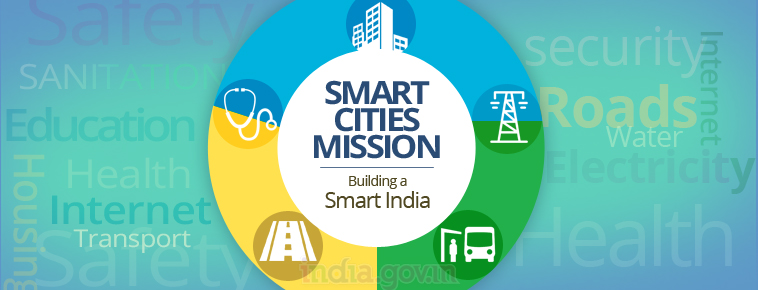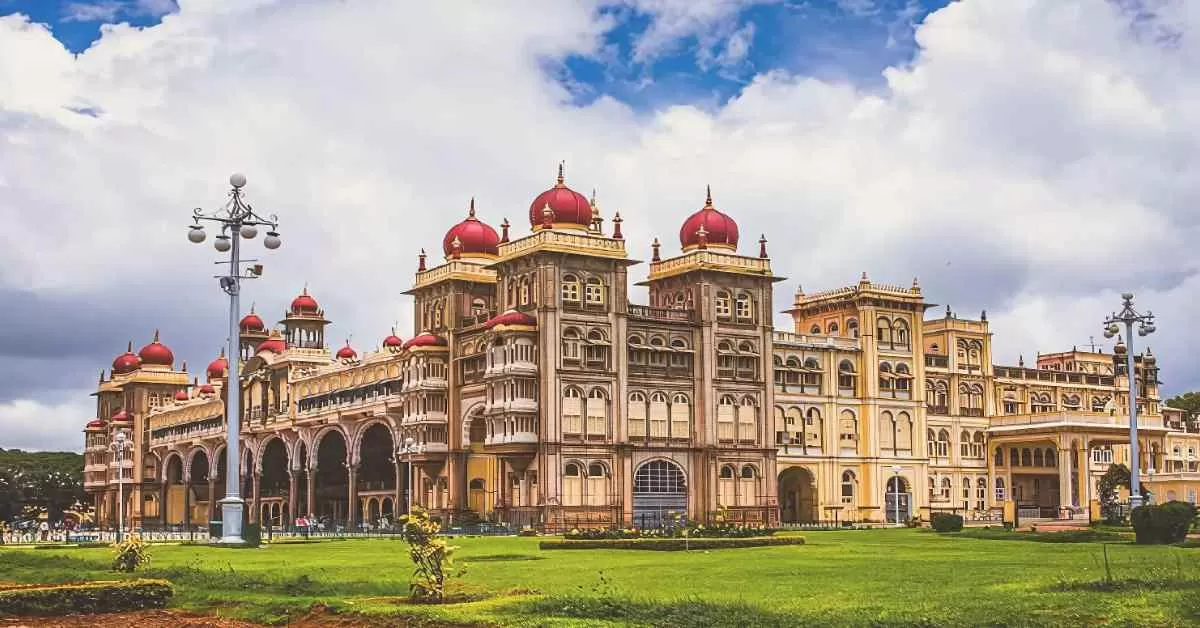You’ve probably heard the saying, “Prakriti hai tabhi Pragati hai” — it’s a well-known Hindi phrase that tells us that we can only move forward if we take care of Mother Nature. Pretty powerful, right?
Now, here’s a little eye-opener: According to the United Nations, the forests cover about 31% of the Earth. Also, they play a vital role in absorbing around 15.6 billion tonnes of carbon dioxide (CO₂) each year. But here’s the kicker — with deforestation happening at a shocking pace, our forests are losing their ability to soak up CO₂. And guess what? That’s bad news for climate change.
According to the UN's Food and Agriculture Organisation, we humans are taking down about 10 million trees every year. It’s like losing 27 soccer fields of forest every single minute. But countries like Sweden, Finland, Iceland, Denmark, New Zealand, and some others are stepping up their game against deforestation.
They’re pushing for sustainable forestry and replanting efforts. And India? Well, it’s also doing its part, working hard to boost its forest cover with tree planting campaigns and afforestation projects. Oh, and here’s a fun titbit for you! Do you know which city in India holds the title of being the greenest? If you’re curious, stick around!
In this article, we’ll explore the top 5 greenest cities in India and check out what different cities are doing to amp up their greenery and make our environment a little bit better.
Check Out| Which Are The Top Indian States Producing Blueberries?
List of Top 5 Greenest Cities in India
According to Mission Sustainability, here are the top 5 green cities in India:
| Rank | Indian City | State | Key Feature(s) |
| 1 | Mysore | Karnataka | Known for lush greenery, cleanliness, heritage, and green initiatives like tree-planting drives. |
| 2 | Bangalore | Karnataka | A haven of greenery with famous gardens and active promotion of eco-friendly initiatives. |
| 3 | Chandigarh | Punjab & Haryana (UT) | Referred to as the "Green City" with beautiful parks, gardens, and a high percentage of green cover. |
| 4 | Gandhinagar | Gujarat | One of India's best-planned cities with extensive green belts and a commitment to renewable energy. |
| 5 | Indore | Madhya Pradesh | Recognised as the "cleanest city of India" with well-maintained gardens and effective waste management. |
| 6 | Diu | Daman & Diu (UT) | The first city in India to run entirely on renewable energy during the daytime, with clean streets and effective waste management. |
| 7 | Jamshedpur | Jharkhand | Known for its green initiatives, comprehensive waste management systems, and extensive green spaces. |
| 8 | Shimla | Himachal Pradesh | Renowned for its natural beauty, well-maintained parks, and commitment to preserving green cover. |
| 9 | Guwahati | Assam | Celebrated for its greenery, preservation of natural forests, and efforts in enhancing green infrastructure. |
| 10 | Pune | Maharashtra | Recognised for its lush green surroundings, eco-friendly initiatives, and promotion of sustainable transportation. |
1. Mysore, Karnataka

Source: Tripadvisor
Mysore, which is often referred to as the "Heritage City", lives up to that name, especially when it comes to greenery. With a population of about a million people, this city is home to some stunning gardens, like the famous Brindavan Gardens.
Plus, they have a strong emphasis on planting trees and promoting those drives. It’s no surprise that Mysore has won quite a few awards for its cleanliness, consistently scoring high in the Swachh Survekshan rankings.
Further, the Karnataka government supports initiatives for the development of green spaces. For example, take the Mysore City Corporation's Green City initiative.
They've managed to cut transport emissions by 50%. It’s all about good urban planning and sustainability, which honestly makes the place feel like a little green paradise.
2. Bangalore, Karnataka
Source: Incredible India
Known as the "Garden City of India" and also the "Silicon Valley", Bangalore has a population of over 13 million. Despite rapid growth, it maintains significant green spaces like Lalbagh and Cubbon Park.
The Karnataka government, through bodies like BBMP, is committed to climate action. They have a Climate Action and Resilience Plan. Initiatives include enhancing urban planning, greening, and biodiversity. Efforts are made to improve air quality and manage waste effectively.
Read On| List of Largest Economies in the World [Updated 2025]
3. Chandigarh

Source: Agoda.com
Chandigarh is also referred to as the "City Beautiful" and stands in the #3 place in the list of the greenest cities in India. The city is meticulously planned with extensive green belts, abundant parks (like Rock Garden and Rose Garden), and tree-lined roads.
Chandigarh actively promotes renewable energy and aspires to be a "Solar City". The government prioritises efficient waste disposal and sustainable water management. The city has a “Master Plan” which emphasises lowering its carbon footprint and expanding green cover by 2031.
4. Gandhinagar, Gujarat

Source: iStock
Gandhinagar, India's "tree capital", boasts an astounding 416 trees per 100 people. The 2011 census shows its population to be about 2.9 lakh. Do you know what makes this city unique and stand out among the crowd? It's Extensive green belts.
The Gujarat government aggressively supports renewable energy. How? By investing in solar power installations and focusing on sustainable urban planning and waste management. Its commitment to greenery and clean energy makes it a model sustainable city.
5. Indore, Madhya Pradesh

Source: Packers and Movers
Winning the Swachh Survekshan award several times, Indore is known as India's "Cleanest City". The city has more than 3.2 million citizens. The city has a very strong focus on new waste management. This includes complete waste segregation at the source and waste-to-energy projects.
These projects are supported by the Madhya Pradesh government. Furthermore, improving air quality through mechanised sweeping and public education efforts in Indore is underway. Its all-encompassing approach guarantees environmental health as well as cleanliness.
What is the Smart Cities Mission?

Source: National Portal of India
The Smart Cities Mission is a flagship urban development program launched by the Hon'ble Prime Minister Shri Narendra Modi on June 25, 2015.
Its overarching aim is to enhance the quality of life in 100 selected cities across India by driving economic growth and improving services. The mission focuses on creating cities that are citizen-friendly, sustainable, and economically vibrant.
Key objectives and features of the Smart Cities Mission include:
- Providing Core Infrastructure: Ensuring adequate water supply, assured electricity supply, sustainable sanitation, including solid waste management, efficient urban mobility and public transport, affordable housing, robust IT connectivity and digitalisation, good governance, especially e-governance and citizen participation, sustainable environment, safety and security of citizens, and health and education.
- Applying "Smart Solutions": This involves leveraging technology and data to improve urban efficiency. Examples include Integrated Command and Control Centres (ICCCs) for monitoring and managing city services, smart traffic management systems, smart waste management, smart metering for utilities, and e-governance platforms.
- Area-Based Development (ABD): The mission primarily adopts an area-based development approach, focusing on specific identified areas within cities for intense transformation. This can involve:
- Retrofitting: Upgrading existing infrastructure and services in an already developed area.
- Redevelopment: Replacing existing structures with new, improved layouts and infrastructure.
- Greenfield Development: Developing entirely new areas with smart features from scratch.
- Pan-City Initiatives: In addition to area-based development, cities also undertake "Pan-City" projects that apply smart solutions across the entire city, benefiting all citizens.
- Sustainable and Inclusive Development: The mission emphasises creating environmentally friendly cities and ensuring a good quality of life for all sections of society, promoting mixed land use and walkable localities.
- Competitive Federalism: Cities were selected through a competitive "Smart City Challenge", fostering healthy competition among states and urban local bodies.
- Special Purpose Vehicle (SPV): Each selected Smart City has a dedicated Special Purpose Vehicle (SPV) to plan, appraise, approve, release funds, and implement smart city projects.
The Smart Cities Mission was initially planned for five years (FY 2015-16 to FY 2019-20) but has been extended to March 31, 2025, to allow for the completion of ongoing projects. It is implemented by the Ministry of Housing and Urban Affairs (MoHUA) in collaboration with state governments and urban local bodies.
What's Next| Top 10 Most Expensive Chocolates in the World

